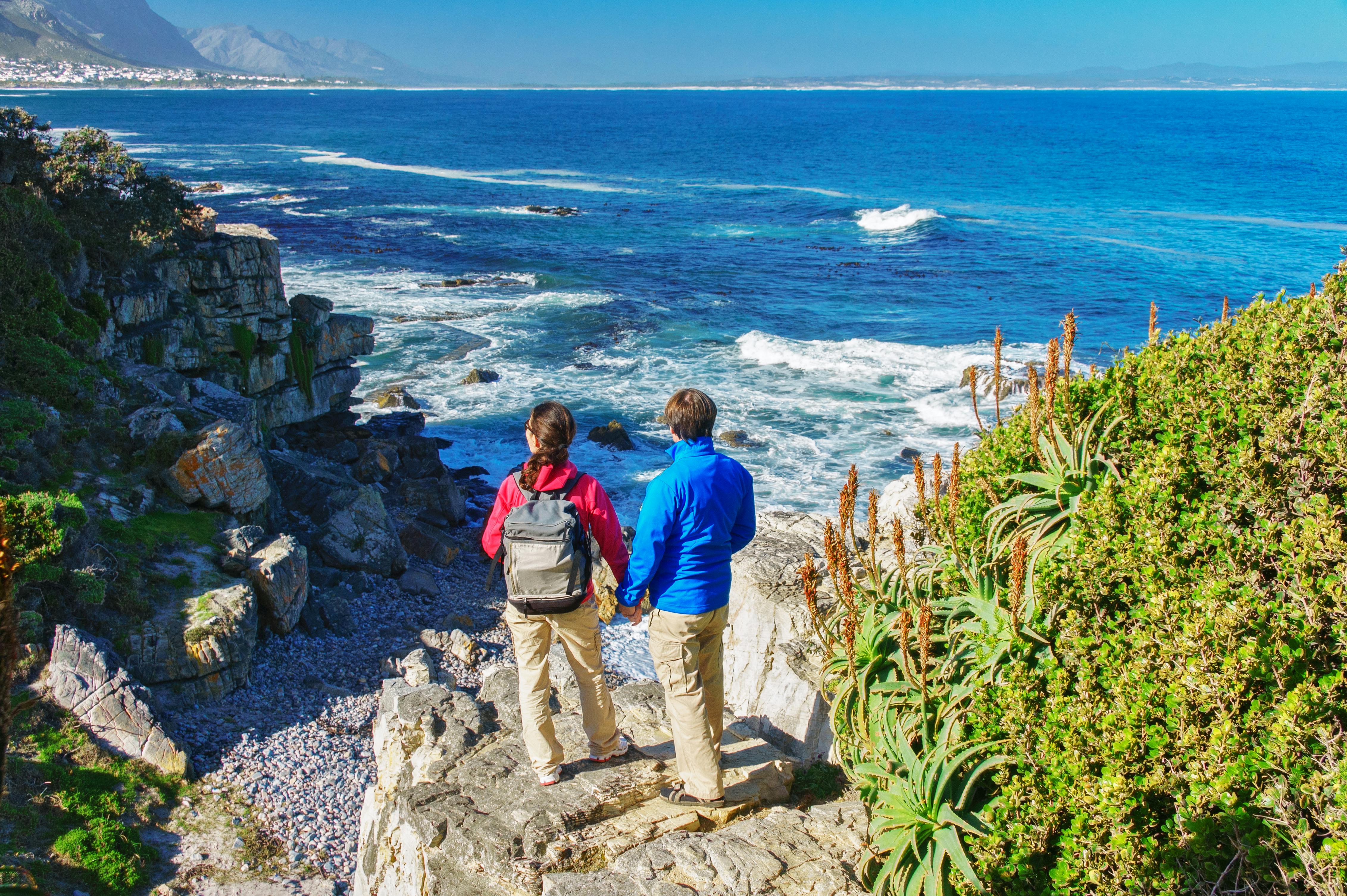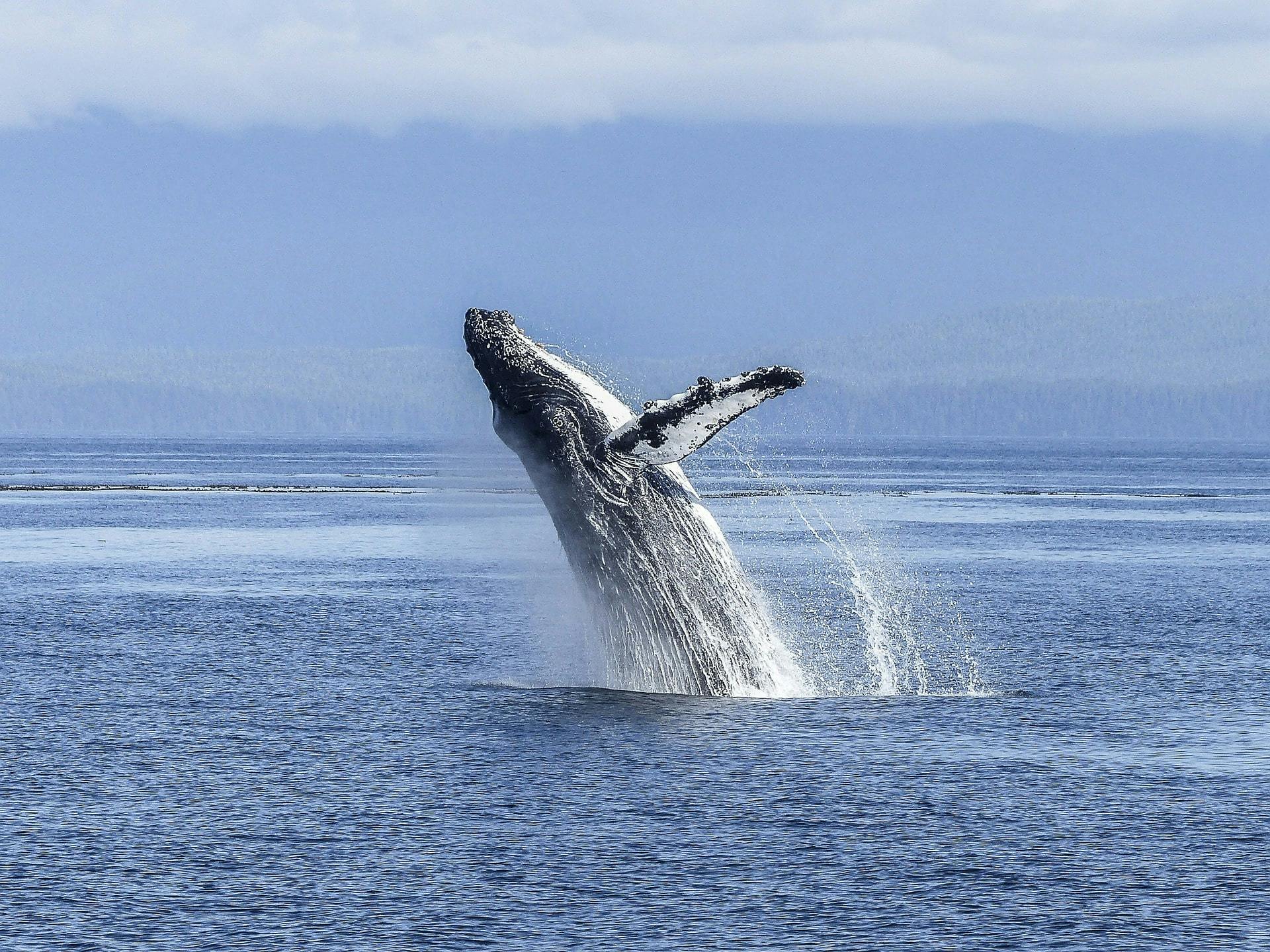Introduction to Whale Watching in South Africa
Whale watching in South Africa has rapidly gained traction as a premier tourist attraction, drawing enthusiasts from around the world to witness these magnificent marine creatures in their natural habitat. Renowned for its diverse marine life and stunning coastal landscapes, South Africa offers some of the finest whale watching experiences globally. The popularity of this activity can be attributed to both the country’s abundant whale species and the various locales that provide optimal viewing conditions.
The best seasons for whale watching in South Africa typically span from June to December, with the peak months being August and September. During this time, southern right whales migrate to the warmer waters along the coasts, particularly attracting tourists eager to observe their behavior, including breaching and tail slaps. Other species, such as humpback whales and orcas, may also be sighted, expanding the variety of experiences available to visitors.
Regions such as Hermanus and Plettenberg Bay are particularly renowned for their whale watching opportunities. Hermanus, often dubbed the “Whale Capital of the World,” boasts land-based vantage points where visitors can observe whales just a stone’s throw from the shore. The Walker Bay area surrounding Hermanus is a particularly active breeding ground. Plettenberg Bay, on the other hand, offers boat-based excursions that take visitors further out to sea, providing a more intimate and thrilling experience with these gentle giants.
As a result of its prime positioning along the migratory routes, combined with an array of options for viewing, South Africa has established itself as a top-tier whale watching destination. Encountering these incredible animals in the wild not only contributes to unforgettable memories but also fosters an appreciation for marine conservation efforts. Understanding the ecological significance of these majestic mammals is crucial as they navigate the challenges posed by human activity and climate change.
Top Locations for Whale Watching
South Africa is renowned for its prime whale watching locations that offer various opportunities to observe these magnificent marine mammals in their natural habitat. One of the most popular spots is Hermanus, located about 90 minutes from Cape Town. This coastal town is famous for its land-based whale watching, particularly during the southern right whale season, which spans from June to December. Hermanus boasts a spectacular cliff path that stretches for several kilometers along the shoreline, making it an ideal place for both locals and tourists to witness these whales breaching and swimming close to shore. The town also hosts the annual Hermanus Whale Festival, creating an added attraction for visitors.
Another prominent location is the Cape Peninsula, which includes the scenic Cape Point Nature Reserve. Here, visitors can admire not only stunning landscapes but also the unique marine life found in the surrounding waters. While southern right whales are common, visitors may also catch sight of humpback whales as they migrate along the coast. The accessibility of various lookout points, such as the famous Cape of Good Hope, allows for excellent whale viewing opportunities while enjoying the breathtaking scenery.
Further along the coastline lies the Garden Route, presenting additional whale watching opportunities. The town of Plettenberg Bay is particularly notable, as it serves as a breeding ground for dolphins and offers seasonal sightings of both southern right and humpback whales. This region features a mix of marine and coastal ecosystems, enhancing the overall wildlife experience. The tranquil beaches, lush forests, and nearby nature reserves provide ample activities for nature lovers beyond just whale watching.
In addition to these locations, travelers should consider visiting other hidden gems along the coastline, including places such as De Kelders and Gansbaai, where viewing opportunities abound. Overall, South Africa’s diverse whale watching locations provide a rewarding experience for all who seek to observe these majestic creatures up close.
The Whale Species of South Africa
South Africa’s coastal waters are a prime location for observing a diverse range of whale species. Among the most notable are the Southern Right Whale, Humpback Whale, and Bryde’s Whale. Each of these species exhibits unique migratory patterns, behaviors, and physical characteristics that contribute to the rich marine biodiversity of the region.
The Southern Right Whale is one of the most iconic species found along the South African coast, particularly known for calving in the sheltered bays of the Western Cape during winter. These whales are recognized by their distinctive callosities on their heads, which create a unique pattern for individual identification. Adult Southern Right Whales can reach lengths of up to 18 meters and play a vital role in their ecosystems, contributing to nutrient cycling as they feed primarily on small crustaceans.
Humpback Whales are another species frequently seen during their migratory journeys, as they travel between feeding grounds in Antartica and breeding sites in the warmer waters off the coast. Notable for their acrobatic breaches and complex songs, these whales can exceed 16 meters in length. Between July and October, visitors to locations such as Hermanus can often spot these majestic creatures, creating a thrilling experience for whale watchers.
Finally, the Bryde’s Whale, which primarily inhabits the warmer waters off South Africa, is known for its sleek body and can be identified by the three prominent ridges on its head. Unlike the other two species, Bryde’s Whales do not have a distinct migratory pattern, as they can be found year-round. Their presence is a testament to the rich feeding grounds in these coastal waters, where they primarily feed on fish and cephalopods.
Understanding these whale species is crucial for conservation efforts. Protecting their habitats and raising awareness about their behaviors not only enhances the whale-watching experience but also supports the ongoing initiatives aimed at preserving these magnificent creatures for future generations.
Tips for an Unforgettable Whale Watching Experience
Embarking on a whale watching adventure in South Africa is undoubtedly exhilarating. To ensure a memorable experience, it is essential to consider several factors that enhance both enjoyment and safety during this unique activity.
The prime time for whale watching in South Africa is between June and November, with peak sightings occurring from July to October when southern right whales migrate to the coastal waters to calve and nurture their young. During this period, locations such as Hermanus and Plettenberg Bay become hotspots for these majestic marine creatures. However, to maximize your experience, consulting local sighting reports and tour operator schedules can provide insights into the best times to venture out.
Weather conditions also play a crucial role in the whale watching experience. It is advisable to check local forecasts before setting out, as rough seas can affect both the comfort and safety of whale watching tours. Choosing a reputable tour operator with knowledgeable guides can greatly enhance your visit, as they will be familiar with the best viewing locations and have a commitment to responsible practices. Look for operators who follow guidelines that minimize disturbance to marine life.
When preparing for your outing, be sure to pack essential items such as sunscreen, a hat, and layered clothing, as weather conditions at sea can change rapidly. Bring along binoculars for a closer look at the whales and a camera with a zoom lens to capture stunning shots from a distance. It is important to respect wildlife by keeping a safe distance and avoiding flash photography, which can startle the animals.
Respect for marine life is paramount during whale watching. Maintain a respectful distance from the creatures and adhere to guidelines established by your tour operator. By following these tips, you’ll not only have a rewarding adventure but also contribute to the conservation of these magnificent beings. In conclusion, thoughtful planning, respect for nature, and proper gear will ensure an unforgettable whale watching experience in South Africa.


